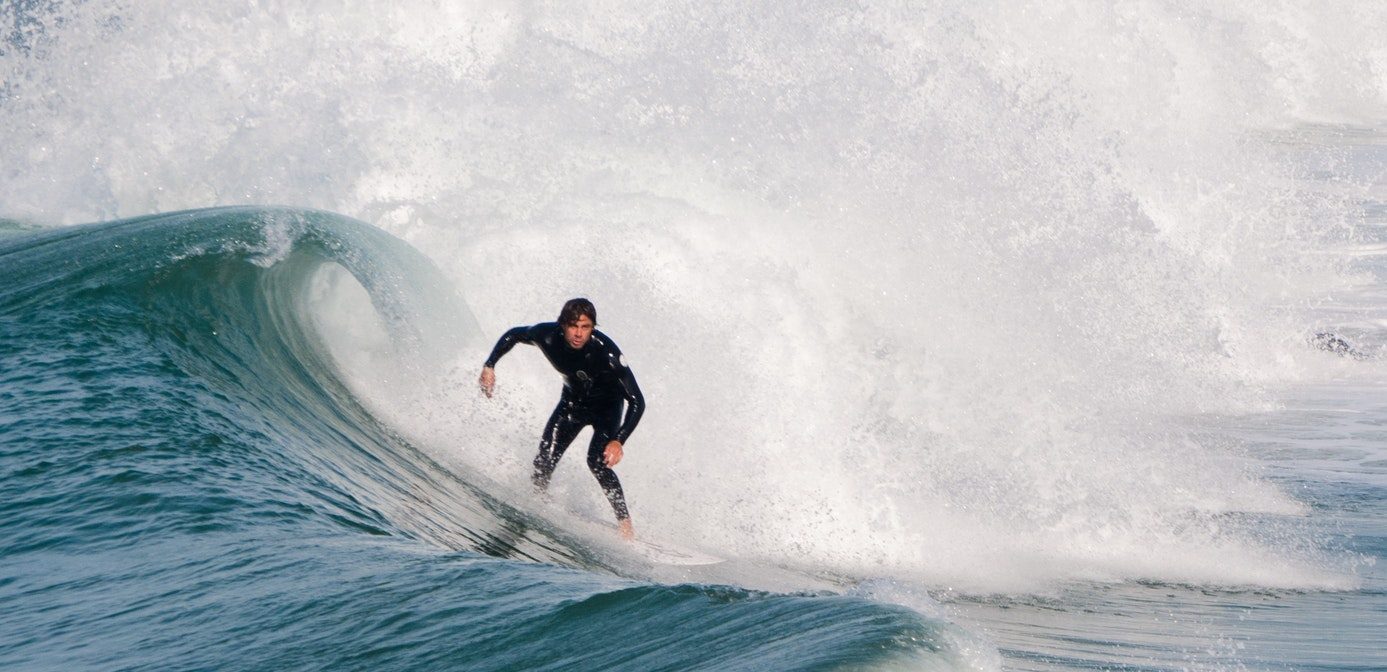 When you think about all the different factors that could cause a person to lose their hearing, cold weather wouldn’t necessarily be in the top 10. However, there are risks related to cold weather that can cause damage and potentially cause a complete loss of hearing. Maintaining good hearing health by keeping your ears protected from the elements in our harsh winter is a given.
When you think about all the different factors that could cause a person to lose their hearing, cold weather wouldn’t necessarily be in the top 10. However, there are risks related to cold weather that can cause damage and potentially cause a complete loss of hearing. Maintaining good hearing health by keeping your ears protected from the elements in our harsh winter is a given.
Surfer’s Ear?
Okay it sounds funny as all heck, but surfer’s ear - also known as exostosis - is a real “thing” that affects more than just surfers. The condition can occur when anyone is exposed to windy, cold, wet conditions for prolonged periods of time. In fact, sufficiently long exposure to damp winter conditions alone can also lead can also lead to exostosis.
What Physically is Exostosis?
The medical term exostosis describes an abnormal bone outgrowth that forms inside of the ear canal. The bone growth is stimulated due to the cooling of cold moisture in the ear. It’s the physical blocking of the ear canal that blocks the eardrum and reduces the ability to hear. Symptoms include trapped water inside the ear and frequent ear infections.
Ear Infections More Likely in Winter
Living in the Prairies we deftly know the cover our ears up in winter. It doesn’t take much for cold temperatures, or lately the extreme cold temperatures to reduce the circulation in your ear an invite infection. Spending long periods of time outside without proper protection significantly increases the likelihood of developing an ear infection so limit your exposure to the cold.
While an ear infection might not seem like a big deal as we all get one or more throughout her lifetime, recurring ear infections are a serious health problem. It’s serious enough that the World Health Organization attributes chronic ear infections as a major cause of permanent hearing loss.
What about people with hearing aids?
Electronic devices work best when dry and traveling from hot to cold and then back again opens them up to the effects of condensation. Premium quality hearing aids are sealed against such issues that could be damaging the delicate components inside. Also, you should note though that just like any other electronic device, battery life is always decreased when the hearing aid is operated in colder temperatures so it pays to bring spare hearing aid batteries.
Safe Temperatures?
Like all electronic devices hearing aids have a range of temperatures where they will operate best and then range of temperatures where they just shouldn’t be operated. It’s best to check with the manufacturer specifications or simply give us a call at (204) 788-1083.

